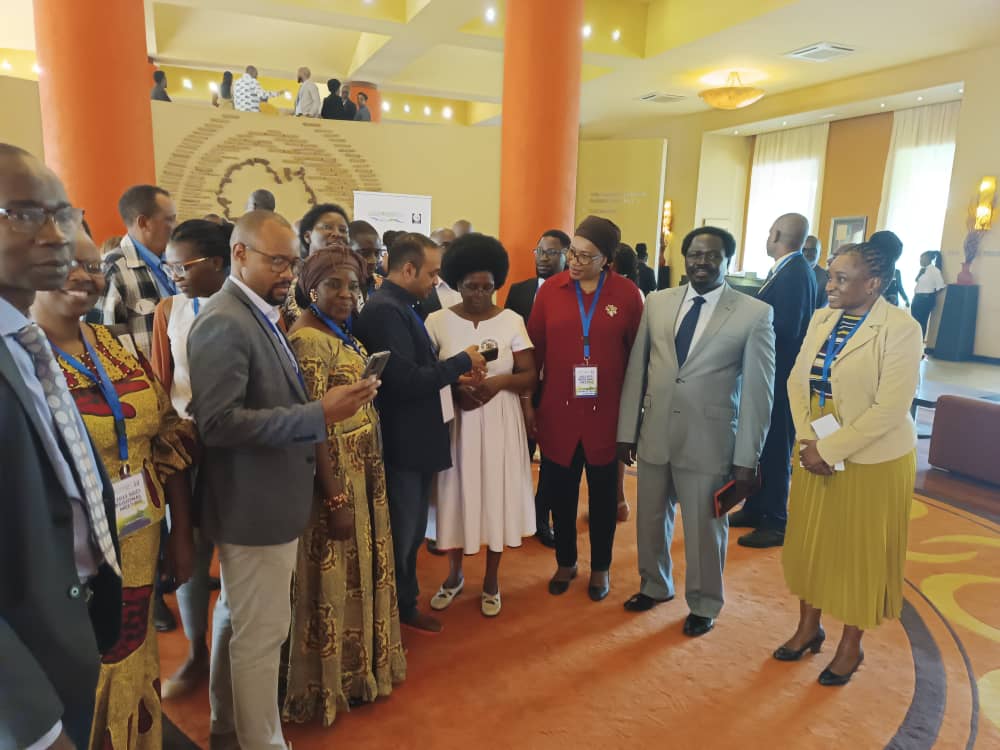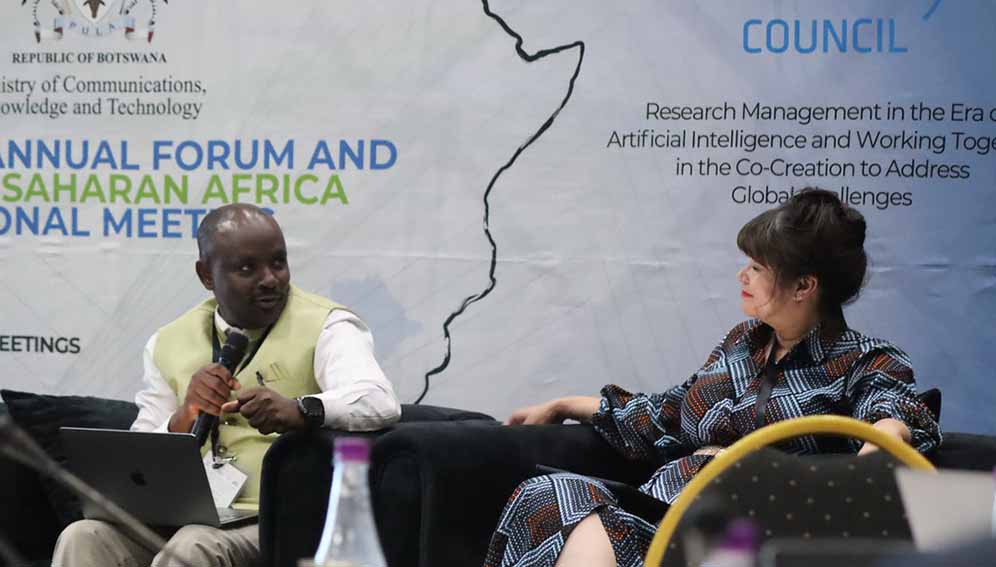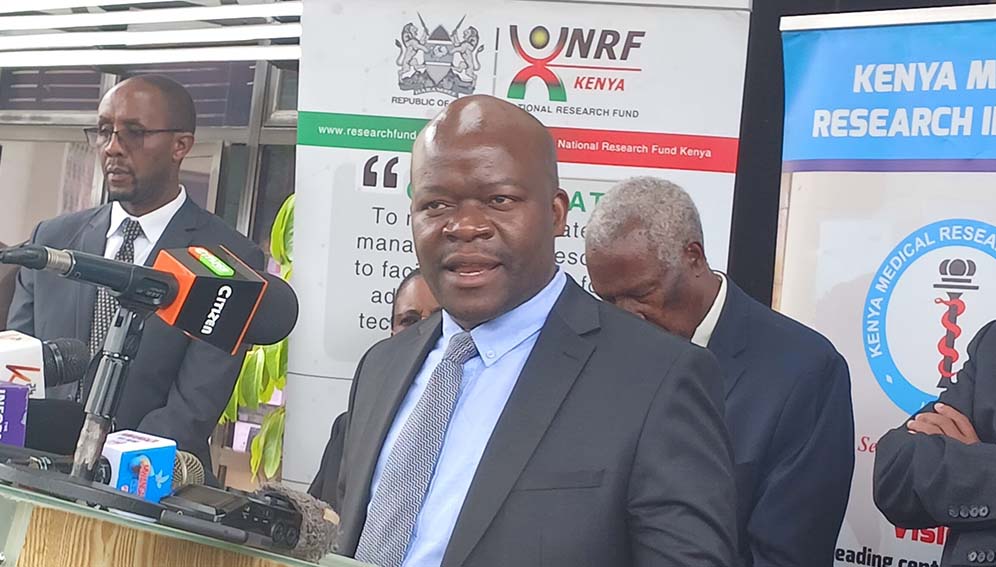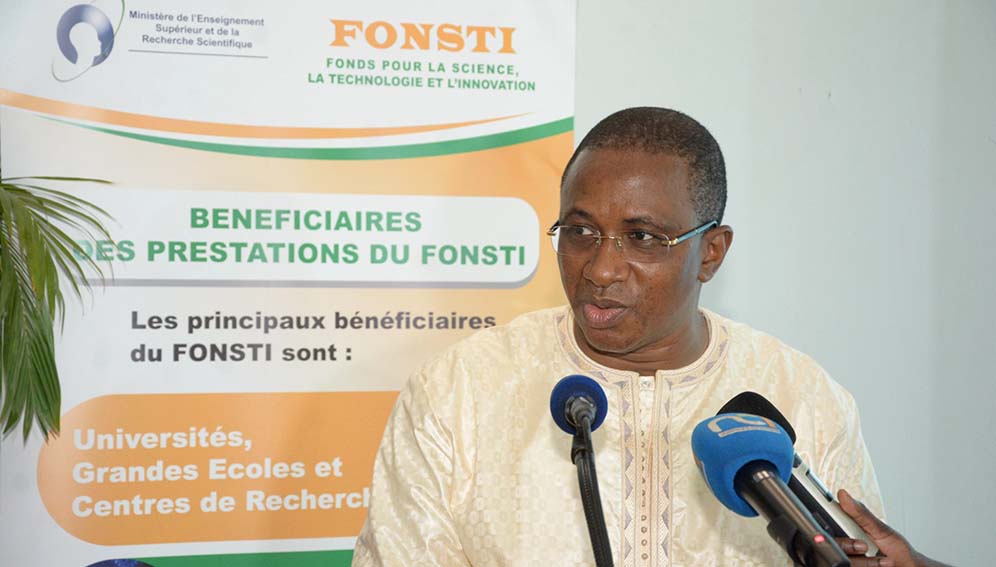SGCI News
Only a quarter of Uganda’s PhD holders over the last decade were women Reforms are needed to aid gender inclusivity in science, technology and innovation (STI) Private sector involvement…

| Only a quarter of Uganda’s PhD holders over the last decade were women |
| Reforms are needed to aid gender inclusivity in science, technology and innovation (STI) |
| Private sector involvement in STI funding should be promoted |
[KAMPALA] Reforms are urgently needed to promote issues such as gender inclusivity and funding of science, technology and innovation (STI) research to accelerate Uganda’s transformation towards middle-income status, a report says.
The Ugandan National Research Output report was launched on 21 June at the regional meeting of the Science Granting Councils Initiative, which aims to strengthen the capacities of public science funding agencies in Sub-Saharan Africa.
The report highlights challenges such as gender differences in access to higher education in Uganda and inadequate support for STI funding.
“Between 2010 and 2020, less than a quarter (24 per cent) of Ugandan PhD holders were female,” says the report.
It adds that science, technology, engineering and mathematics education in the country is dominated by men, a situation that needs to change.
Policymakers acknowledge the role of science and technology for developing Uganda.
Masanza called for systems to be established to ensure that research contributes to sustainable development.
“Research in a high-publishing journal is not science [if it is does not benefit nations],” she said.
“Science is meant to help nations tackle poverty and underdevelopment.
“Any purpose that does not contribute to the national and continental goals to eradicate poverty and address under-development does not help us.”
‘Fast-track reforms’
Martin Ongol, acting executive secretary of the Uganda National Council for Science and Technology (UNCST), writes in the report: “Reforms in STI training, gender inclusivity, research funding options, the utilisation of research results by the private sector, and the harnessing of research collaboration, are among some of the critical enablers that should be fast-tracked.”
Some positive efforts to promote gender inclusivity in research were also highlighted in the analysis, however.
In 2019, the UNCST and the International Network for Advancing Science and Policy, a UK-based organisation, established the Gender Equity in Research Alliance (GERA).
GERA was registered as a non-governmental organisation in 2021 and currently has members in 70 per cent of universities in Uganda.
Identifying some of the challenges and solutions to investment in STI research, the report adds that Uganda’s publicly funded research budgets still remain “largely foreign-led”.
“New direct and/or indirect models of research funding need to be explored to incentivize private sector actors to invest in research,” the report says.
This work was carried out with the aid of a grant from the International Development Research Centre, Ottawa, Canada. The views expressed herein do not necessarily represent those of IDRC or its Board of Governors.
Related News
Namibia launches BOOSTUP programme to bridge innovation gaps
Many promising technology-driven ideas struggle to progress beyond the concept stage due to limited access to early-stage support and mentorship. These challenges highlight the need for targeted interventions that could transform innovative ideas into viable and scalable solutions. It is against this backdrop that the…
Kenya’s postgraduate research grants
The National Research Fund (NRF), Kenya, invites applications for postgraduate research grants for the 2025/2026 financial year. This national research call is a strategic intervention to strengthen Kenya’s Science, Technology, and Innovation (STI) ecosystem by supporting high-quality postgraduate research that drives innovation, informs evidence-based policymaking,…
The FONSTI mag: A new era for science storytelling in Côte d’Ivoire
Effective research communication is central to ensuring that science informs policy, reaches communities, and inspires the next generation of scientists. Science Granting Councils Initiative (SGCI), members are increasingly experimenting with creative, people-centred ways of making research more visible, accessible, and relevant beyond academic circles and…
SGCI funded projects
Rwanda’s integrated approach to sustainable agriculture and nutrition
Project Titles & Institution Areas of Research Number of Projects being funded Project Duration Grant Amount In-Kind Distribution Council Collaboration with other councils





